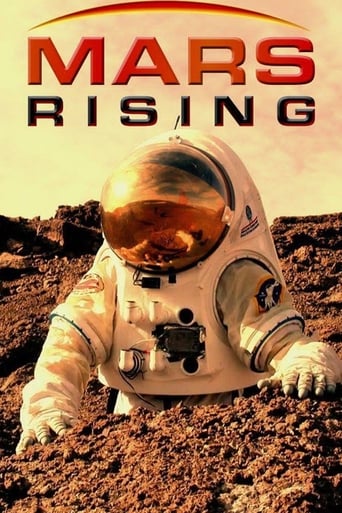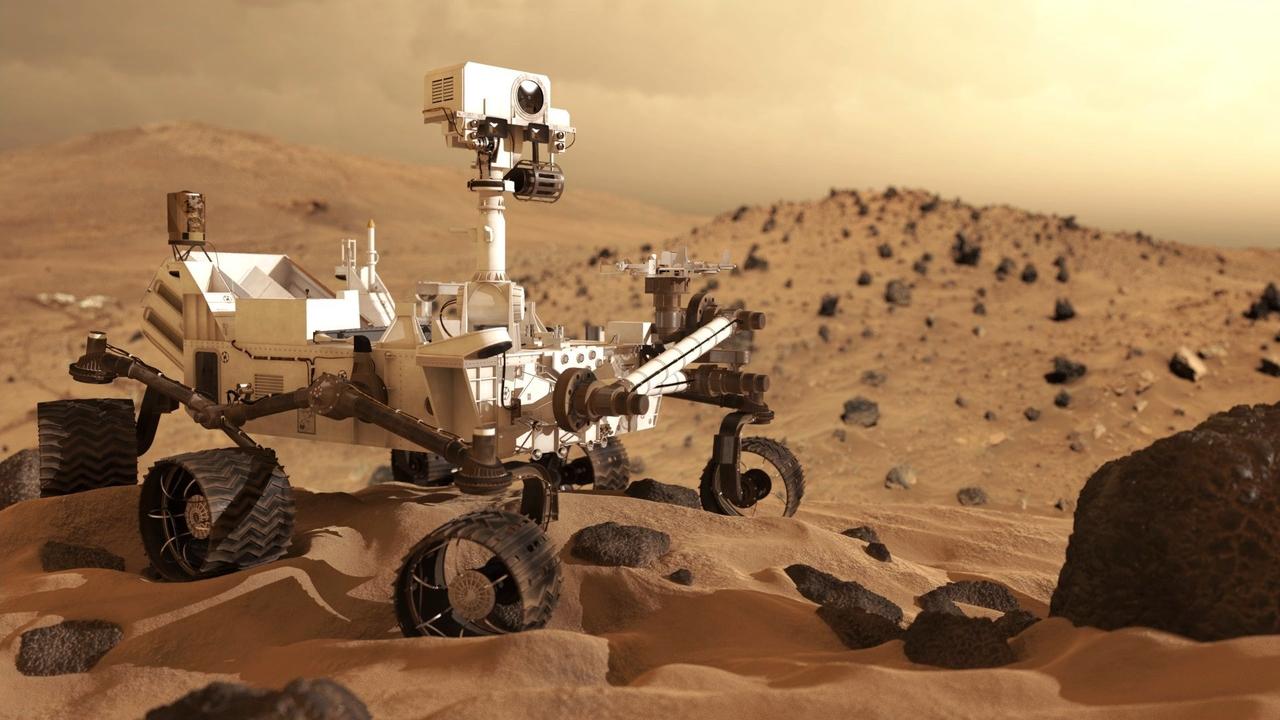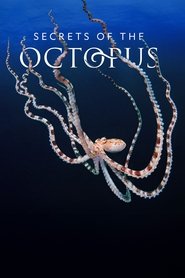
1 Ixesha
6 Isiqendu
Mars Rising - Season 1 Episode 3
Preparing and protecting the human body in deep space may be a greater challenge than all the technological factors in planning a mission to Mars. Living together in a confined environment for up to three years, the six astronauts will become each others’ caregivers. They will face zero gravity with its debilitating effect on muscle and bone mass; solar storms; inescapable cosmic radiation – microscopic particles piercing the skin of the spacecraft and penetrating the bodies of those inside can cause brain damage and cancer. Retired U.S. astronaut and medical doctor Jerry Linenger describes the loss of 65 per cent of his muscle power. For Massachusetts Institute of Technology professor and retired astronaut Jeffrey Hoffman, cosmic radiation felt like “fireworks in my brain.” The intensity of cosmic rays experienced by astronauts on the Mars mission will be greater than that experienced by earlier astronauts and could damage their learning and memory – vital on the journey to Mars. Laurence Young, Apollo Program Professor of Aeronautics and Astronautics with MIT, is developing a method to produce artificial gravity on Earth. Astronauts must be prepared to combat the de-conditioning that goes with long duration weightlessness. Astronauts are training under the ocean and in virtual worlds. If there’s an accident on the long hazardous journey to Mars, the nearest ER is millions of kilometres away back on Earth. Even something as simple as a broken bone can be fatal. The astronauts will have to learn new medical and surgical skills to be able to operate in space. Space walks are always dangerous, whether they happen in Earth's orbit or in deep space. A solar storm would be lethal to an astronaut caught outside. A new protective spacesuit must be engineered. Solar storms, high energy particles packing millions of volts transmitted from the sun, can also play havoc with delicate instruments. A protective shield must be developed for the spacecraft as well. The astronauts chosen for the Mars Mission will be subject to DNA examination. In future, an astronaut’s genes may be altered to ensure he/she is the best possible candidate. The strongest – and the weakest – link of any successful mission to Mars remains the crew. Keeping the astronauts alive is the number one priority.
- Unyaka: 2007
- Ilizwe:
- Uhlobo: Documentary, Talk
- Isitudiyo: Discovery
- Igama elingundoqo: planet mars, miniseries
- UMlawuli:
- Abalingisi: James Cameron, William Shatner



 "
"


















